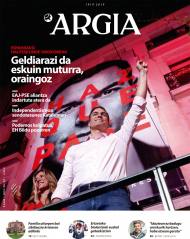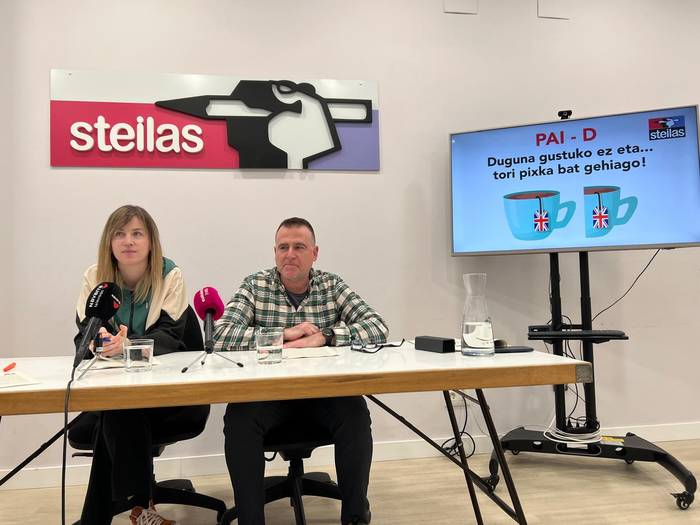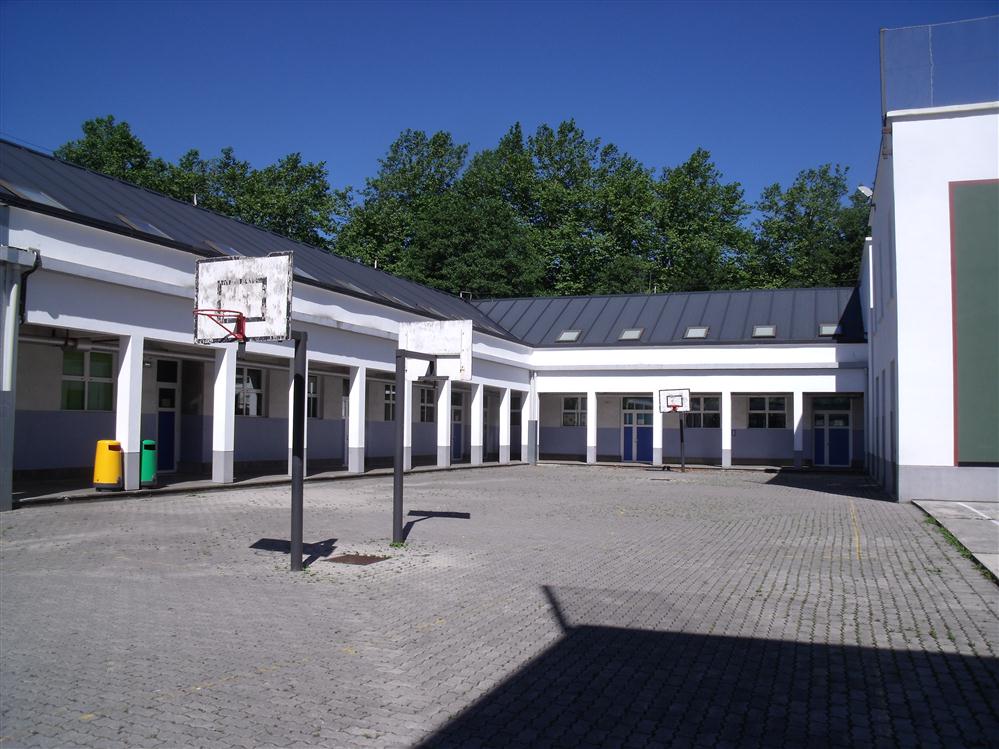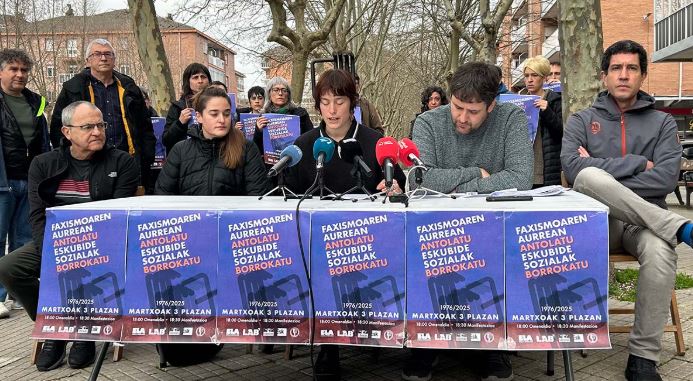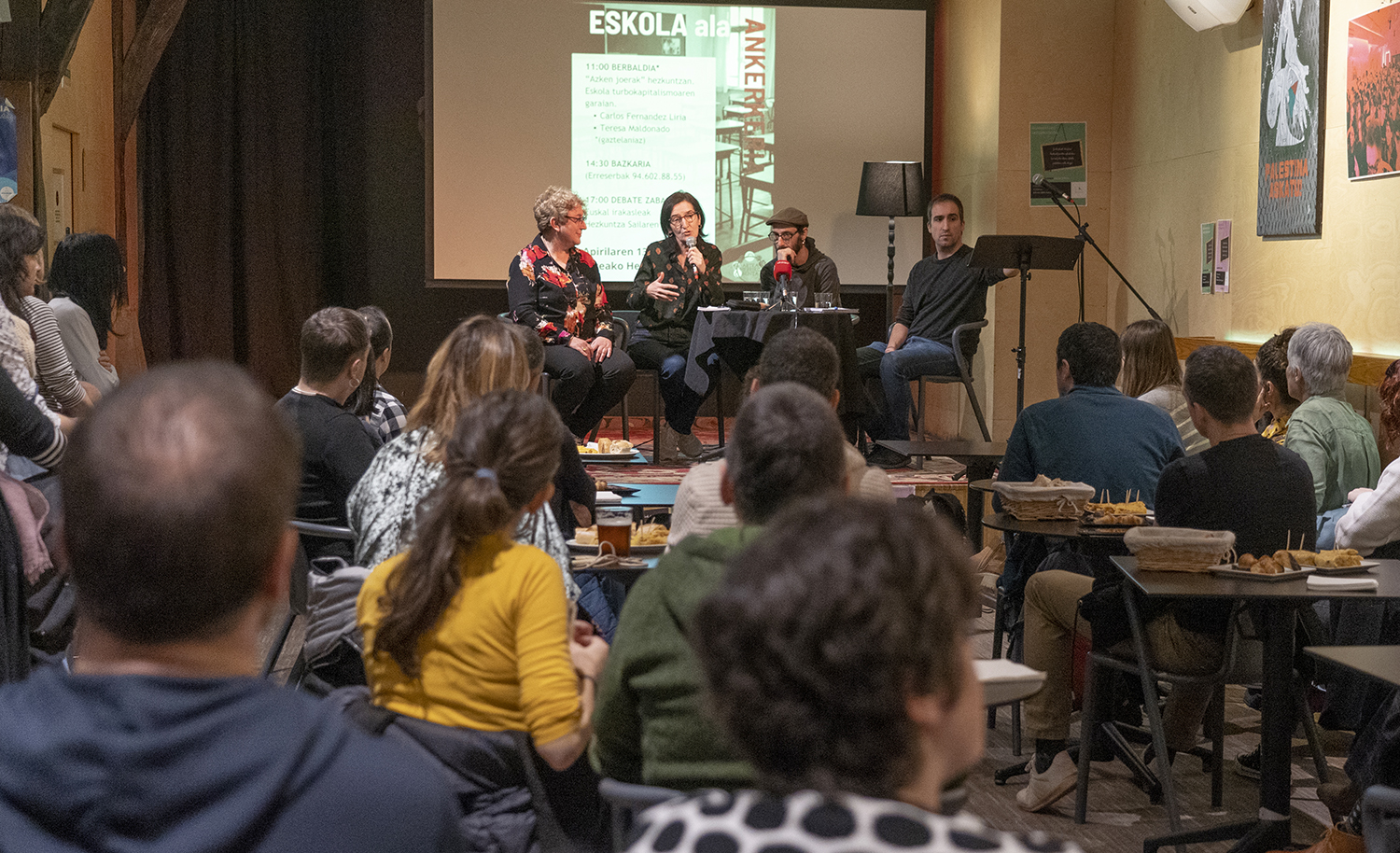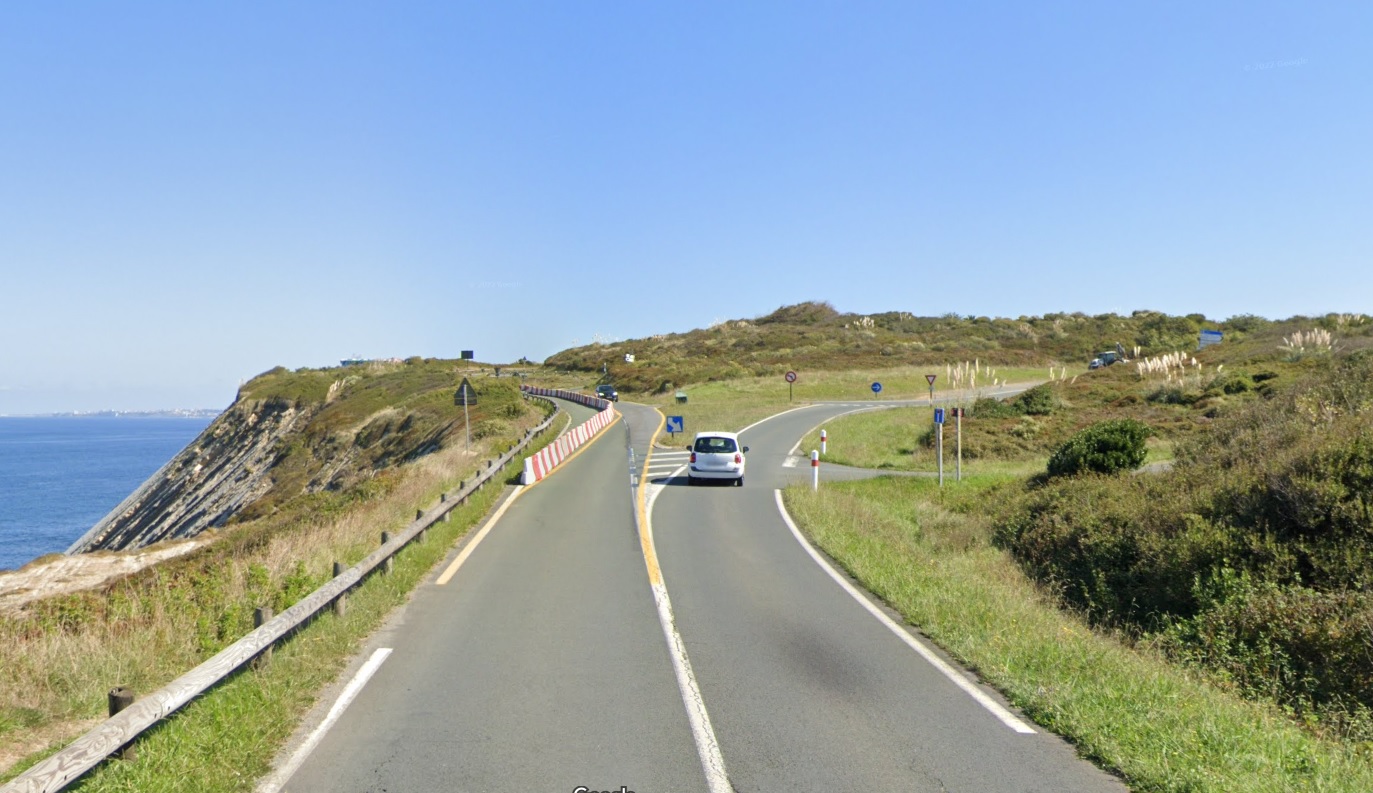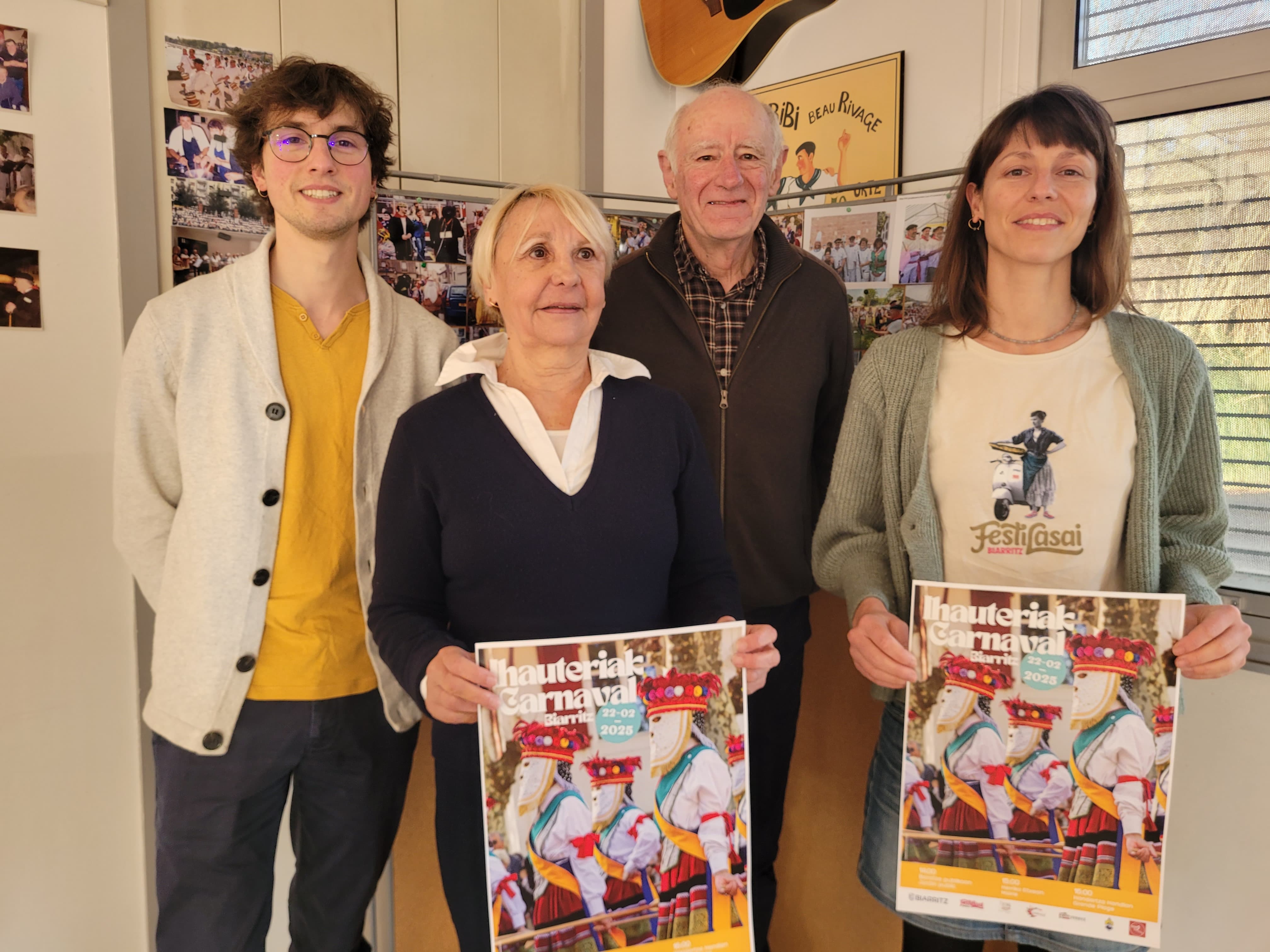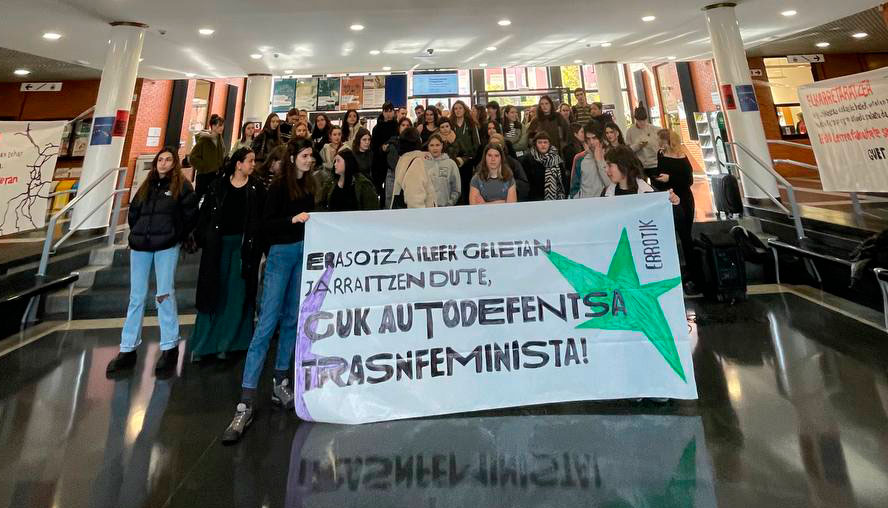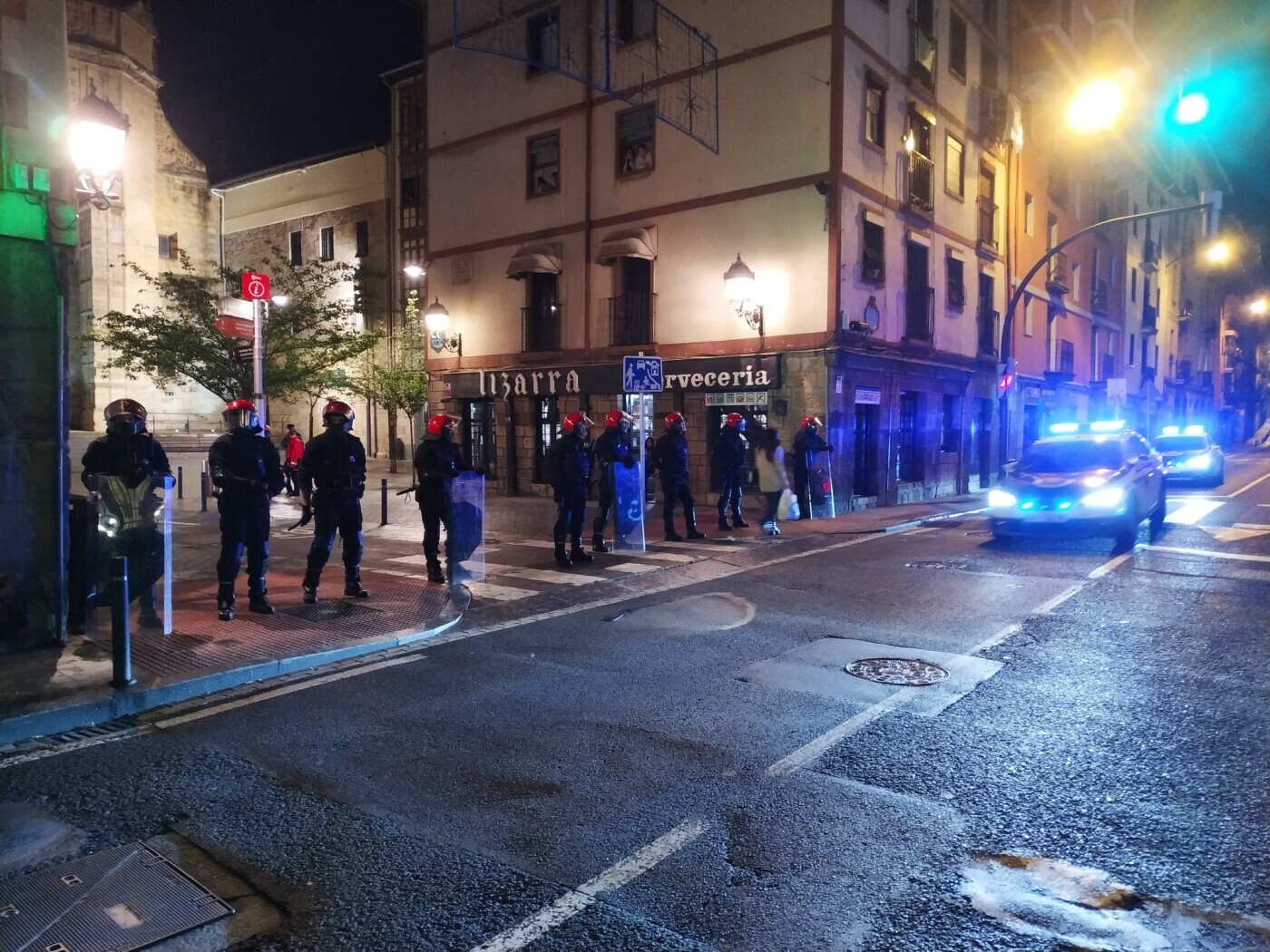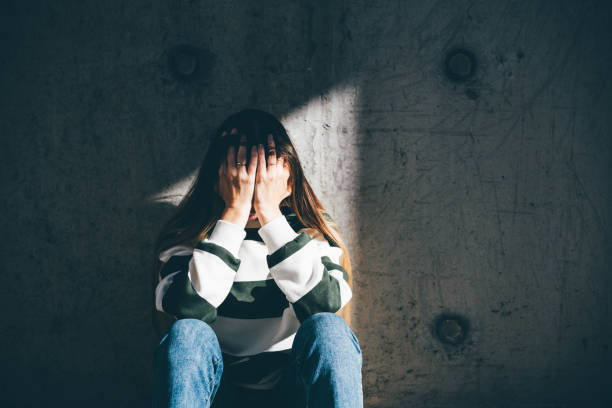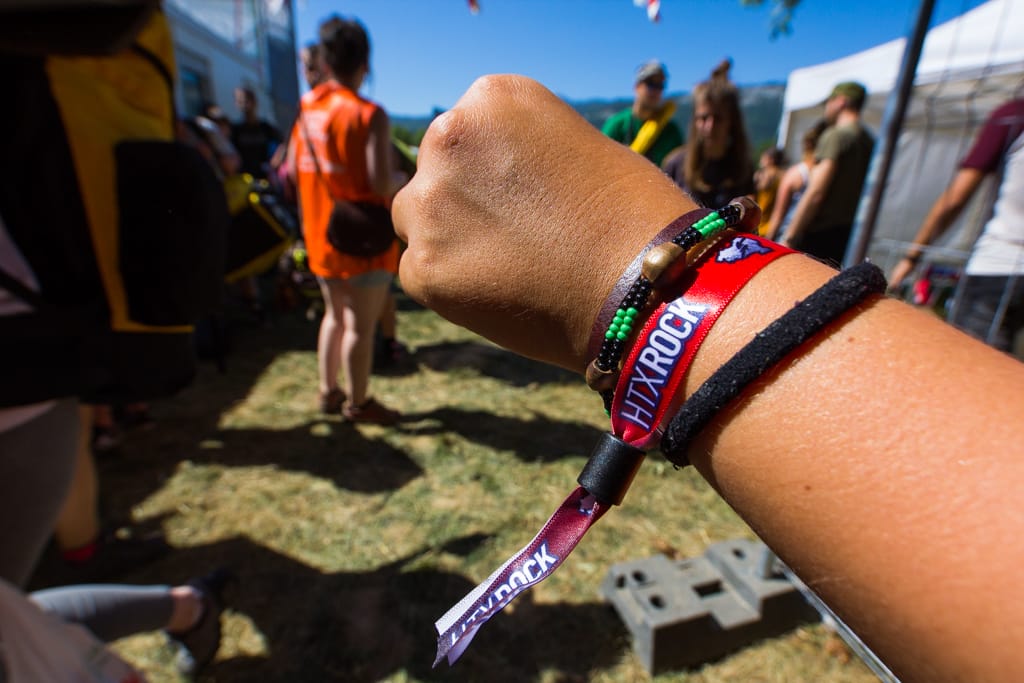"We are in an ear governed society and we have nothing at our fingertips."
- Véronique Leduc, artist, militant and university, has travelled from the denial of deafness to the pride of dry identity. It has not had an easy way, it has shaken his conscience and it has taken time to tell everything. Through Leduc we learn from the reality of the deaf, but above all from our society, from our system based on listening. That is, audism, phonocentrism and the privileges we have as listeners.

How did it relate to sign language?
I've studied a lot of time, in 2013. In our family we distinguish the sterile who move in the oral language and those who move in the sign language, saying that those who are in the mouth are deficient in hearing, that is, they do not have so “bad” the ear. My mother had little ears, she didn't need to learn sign language. Society devotes great value to acting as listeners.
You went to study.
In a Ph.D., I followed a course at the Anglophone University of Concordia, but I didn't understand anything! The strategies that had existed until then did not serve me. Lip movements were worthless, not even the assumptions, they were different shades. At the same time, I was invited to a meeting between the Deaf. They were in sign language, I was an interpreter and this only listener translated mine and returned yours to me. I felt uncomfortable. “You have no excuses, learn,” one told me. It was the time for change. It was a coming out, an astonishingly eternal identity.
No wonder you had art there.
This process rocked everything. I was a kid who was supposed to heal me. My parents tried everything, we set up the Mont Royal on Easter Day, before the sun woke up, to put in their ears the blessed water from the fountain. The comic book C’est tombé à l’oreille d’un sourde [He has come to the ears of a deaf, in Basque] helped me distinguish him from that message.
It has a political part.
I discovered the notions of deafness and audism. The notion of Gortza or deafhood was launched in 2003 by researcher Paddy Ladd, with the objective of distinguishing deafness that has a pathological dimension. From the point of view of existence, it places more emphasis on affinity, but not necessarily from the point of view of the voluntarist, but from the side of the oppressed, because it makes us live the stories in a special way. The question of the thesis was: How can we build perspectives with a deaf character if we have no trace of our reflections? Most of the reflections have been written in verbal languages, with many of the listeners' reflections. Can you imagine that everything written in Basque was in French or Spanish? It wouldn't work, language does us, it gives us a place in the world.
.jpg)
Let's talk about audism.
We have a system that gives more value to the people who listen and their activities. There are a lot of violence. When you say I speak well as a compliment or when you tell me that just a new instrument appears in your ear, what do you mean? It has to be cured or stored.
We're not conscious.
Those who fully accept the status of Arabic communicate most of the time with sign language. The fact that claims are heard means that we are in the same language. If steps have been taken in the process of reconciliation between the indigenous and Canada, it is because some of the leading autochthonous will agree to speak in English or French. In our case we do not always have a choice and the oppressors will not decide to pay the interpreters. It is therefore up to us to convey the message to the listeners, but we have a complex path.
Not only the disabled, but a linguistic minority.
The prevalence of disability has varied over time, but in general the medical perspective that disability depends on the person is always maintained. On the contrary, we have a social model that says that disability is within the limits of influence of society. We are an audio-guided society and we have nothing at our fingertips. Am I an invalid because my cochlea is different? If they don't speak the language, are immigrants invalid? We too have our language and our culture. The day on which our language is recognised, perhaps more of us define ourselves as socially handicapped.
You have written a manifesto.
The deconstruction of phonocentrism, written by a dozen artists. As early as 1989, the Deaf View Image Art Manifesto was published in Washington (USA).
Two words about music?
Music comes from music, from inspiration and from rhythm, but in our focused society, we've limited sound. However, the rhythm can be visual, it also has vibrations. Deaf people have a different relationship with music, we enjoy vibrations. We're also dedicated to musical creation.
A final message to listeners?
It all starts to become aware. I'm a listener and I have privilege. What do I have an ear? All right, like I am. Racism is not just about racialized people; it is about whiteness to give everyone a place in the fight against racism. If we become aware, we can talk about social justice and take an allied stance in the ideal.
family of listeners, like 90% of the deaf. They noticed my deafness for seven years. There are four levels: light, medium, hard and very hard. I'm in the middle, I hear weak sounds, but not subtle, that is, vocal yes, but not consonant. I read on my lips and make assumptions, depending on the subject, inventing whether he said cost, took or said Canada. It's very exhausting. I have to sleep a couple more hours if I have spent the day with listeners without interpreter.”
Things aren’t easy in fact, and it will be for one reason or another, but lately I’ve bitten my tongue more than I should for these two things: the culture of the sold out and the FOMO – the latter perhaps has to be explained, because it’s not said so many times: the... [+]









